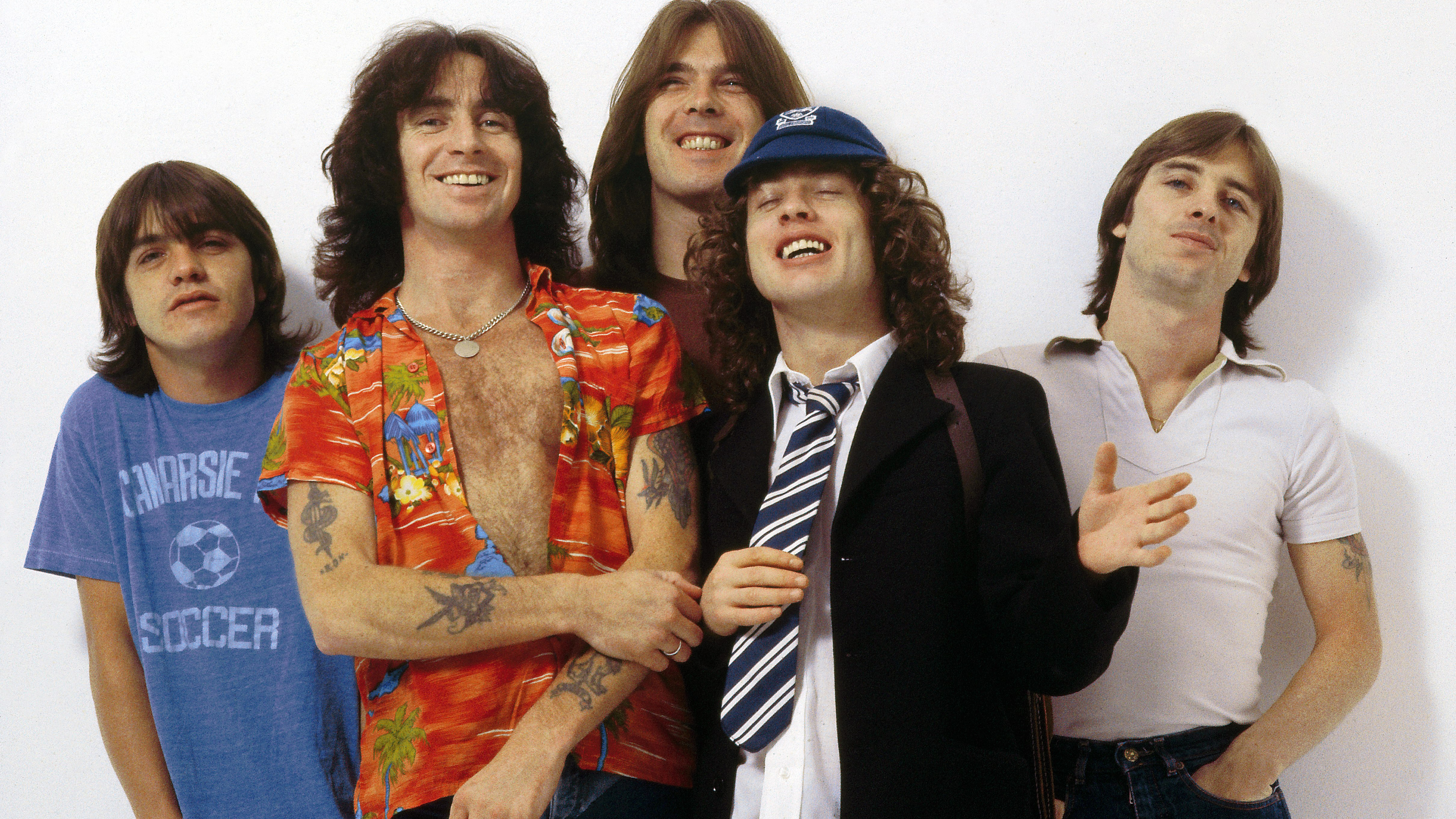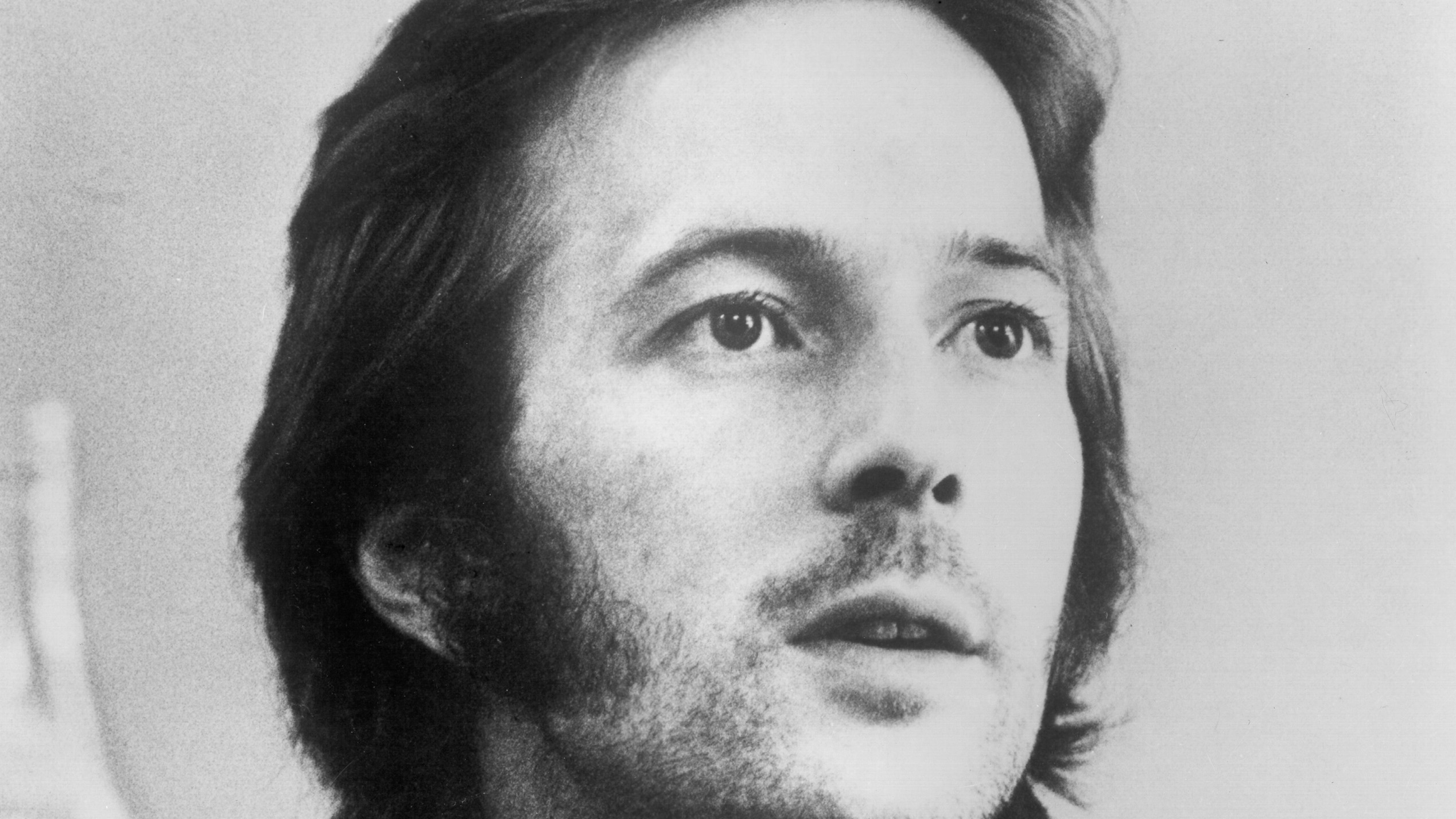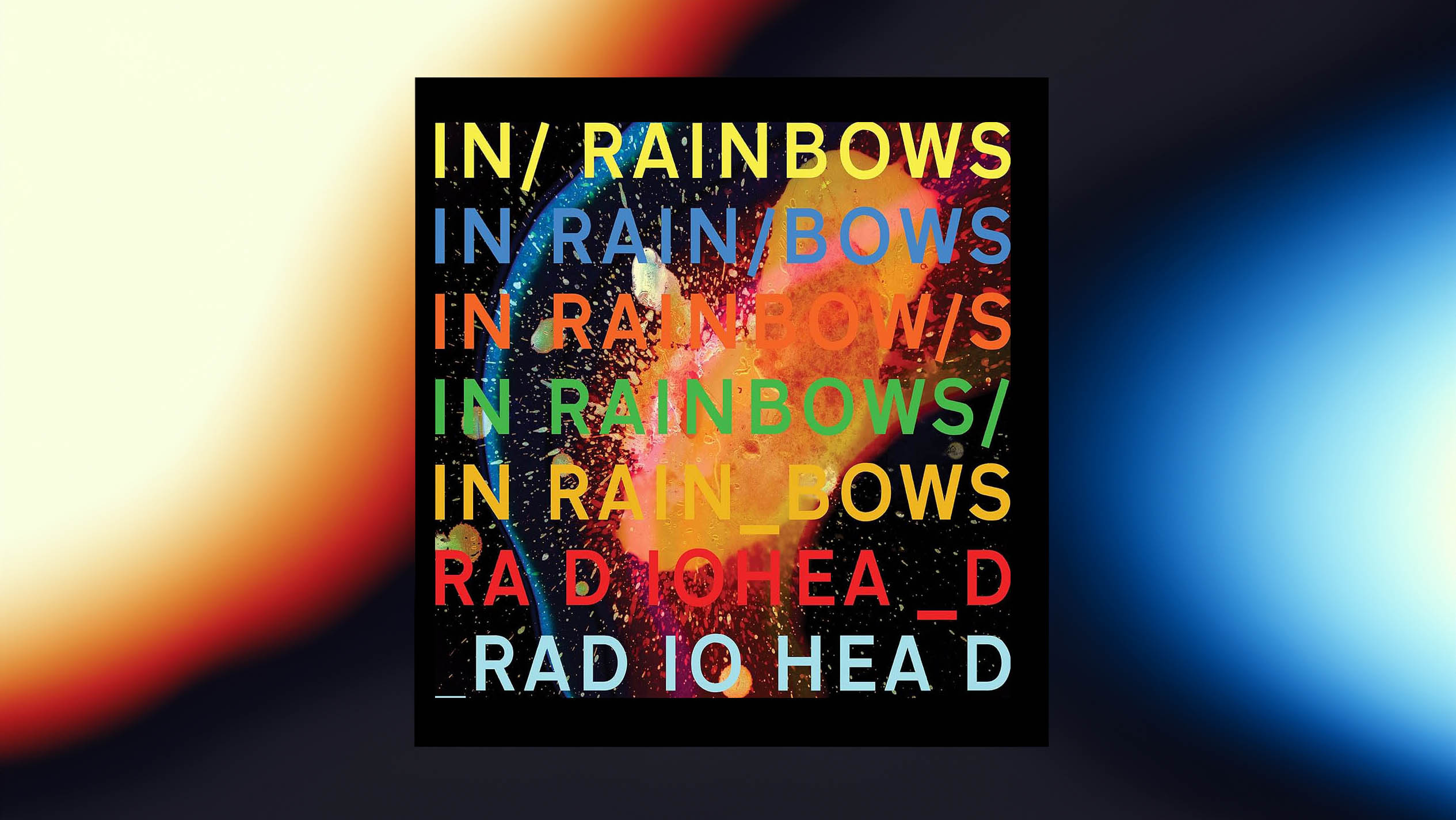“His studio was a temple to analogue, within which he made a point of always wearing a boiler suit”: 6 of the quirkiest producers who pushed recorded music further than ever before
They might have operated in idiosyncratic ways, but the particular approaches of these producers have left a footprint on the music landscape
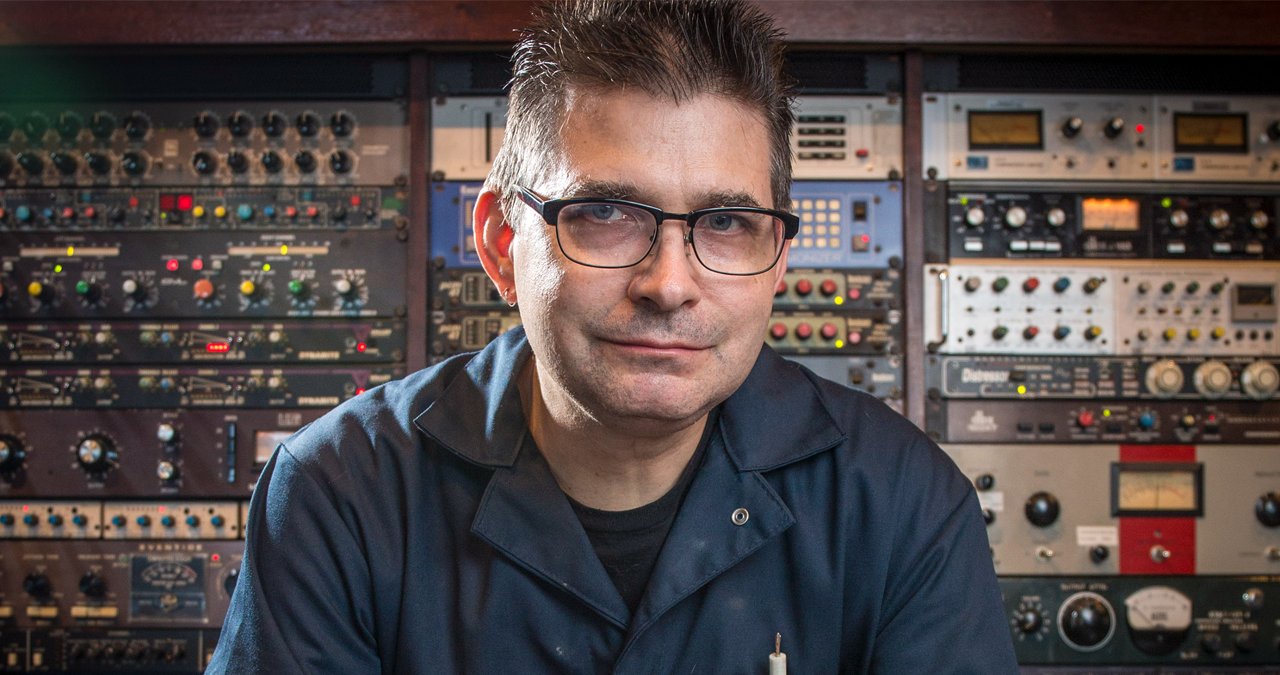
PRODUCER WEEK 2025: Music production is a broad concept that covers everything from organising musicians, studios and technical staff to writing and composing the music itself. Today it’s often the latter that takes centre stage.
Even so, amongst a highly competitive field of top level producers, there are a handful that have extended the boundaries of recording music in an array of unpredictable but industry-affecting ways.
This group of ‘maverick producers’ have a tendency to reject the orthodox, and set them apart from the pack.
Here are six figures that should be noted by all as music production revolutionaries.
1. Brian Eno
Brian Eno’s wide-ranging career spans a multitude of roles including band member (Roxy Music), solo artist and songwriter. However, he’s probably best known for his work as a record producer. His astonishing credit list includes U2, Coldplay, David Bowie, Talking Heads and Jean Michel-Jarre.
Nevertheless, in typical maverick style his role varies from project to project, blurring the boundaries between production, sound design and composition. He is well known for encouraging experimentation and improvisation, and typically helps the artist develop a sonic direction for the production.

One of his most well-known creative directives are the ‘Oblique Strategies’, a set of prompts he designed with artist Brian Schmidt, which encourage lateral thinking and in a creative setting can generate alternative approaches and help embrace the unknown. Typically disseminated in card-form.
Get the MusicRadar Newsletter
Want all the hottest music and gear news, reviews, deals, features and more, direct to your inbox? Sign up here.
Eno’s productions span many decades and genres, and although he doesn’t have a ‘sound’ as such, albums he produces often maintain a common sonic theme.
A good starting place would be Talking Heads' Remain In Light. Meanwhile U2’s The Joshua Tree and then stylistic shift for Achtung Baby (both of which he co-produced with Daniel Lanois) perfectly sum up Eno’s influence.
For Eno’s artist releases check out Ambient 1: Music For Airports, and his superb recent collaboration with Fred again… Secret Life.
2. Steve Albini
The recently departed Steve Albini was without question one of history’s most influential producers, with a credit list that reads like a who’s who of late 20th and early 21st century alternative rock.
Yet in typical maverick fashion he didn’t particularly like the term ‘producer’ and preferred to be credited as recording engineer.
He viewed his job as capturing a performance rather than creating one, and saw the studio as a sonic space to explore. Regardless, bands taken under his wing needed to come prepared to perform.

His productions imbued both space and live energy, but were also punchy and impactful, with a character that’s instantly recognisable.
Meanwhile his own Chicago based studio, Electrical Audio, was a temple to analogue - replete with tape machines and an abundance of rare microphones - within which he made a point of always wearing a boiler suit while working.
Often outspoken, he famously wrote a much-shared essay, dubbed ‘The Problem With Music’.
In this polemic, Albini tore apart the economics of being signed to a record label, opining that the whole system enriched labels and the producers whilst keeping all but the most successful artists in debt.
Accordingly, he himself typically worked on a flat-fee basis rather than for a royalty. Unsurprisingly, he was a fan of technological changes and how they could empower artists.
With over 1000 recordings to his name, it’s impossible to choose a best of. That said, The Pixies Surfer Rosa and his later work with Kim Deal are highlights, as are Nirvana’s final record, In Utero and Page & Plant’s Grammy winning Walking Into Clarksdale. And then of course there’s his own highly regarded projects Big Black and Shellac.
3. Rick Rubin
If there’s one producer that epitomises the madcap, sage 'wizard of the studio' archetype it’s Rick Rubin.
Associated with a truly eclectic set of releases, Rick has an uncanny knack of sensing future classic records - or perhaps it’s his presence that steers them to greatness.
Despite this, Rubin often plays down his technical and musical ability, preferring to view himself as a coach rather than creator.
Either way, he clearly has a traditional A&R producer’s ear that understands the connection between artist and listener, and his association with Def Jam Records (co-founder), American Recordings (founder) and Columbia Records (co-president) underlines his executive credentials.
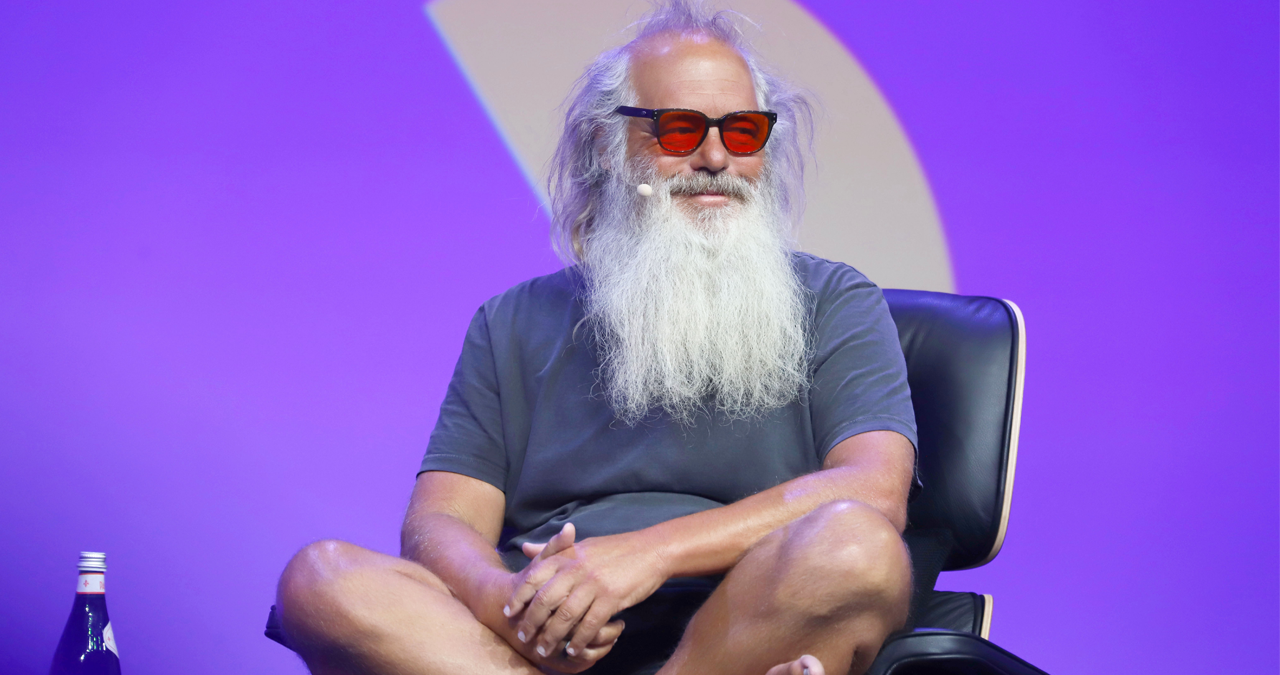
Founding Def Jam placed him at the forefront of 1980’s hip hop, signing and producing acts including Public Enemy, LL Cool J, Run DMC and the Beastie Boys. It was this latter group that Rubin encouraged to sidestep from punk to rap.
However, Rubin was at the same time also flexing his production skills in other genres, and a great example is The Cult’s career-defining Electric album.
When Rubin left Def Jam and set up American Recordings, he found himself reinvigorating the twilight years of country star Johnny Cash, with a bunch of career defining albums (the American Recordings).
Rubin famously suggested the ailing Cash record a cover version of the Nine Inch Nails song Hurt. A masterstroke move.
It was to be Cash’s final - heartbreaking - spotlight moment.
Rubin continues to produce to this day, and still maintains a broad client list that even in the last few years has seen him work with Neil Young, Smashing Pumpkins, Kesha, Imagine Dragons and The Strokes.
4. Sophie
Sophie Xeon’s dual artist and producer role coupled with her approach to musical sound design epitomised the role of a contemporary music producer.
Well known for working in the box and harnessing software (Ableton Live) - with a few select hardware gems such as Elektron’s Monomachine - she honed a deconstructed musical approach that juxtaposed edgy sounds with ultra-sweet melodies.
The multitude of YouTube tutorials covering how to recreate her sounds is firm testament to how effective that singular approach was.
From a production perspective the real key to her more widespread success was to collaborate with mainstream artists.
Her input is very obvious on tracks such as Cashmere Cat’s 9 (After Coachella) and Charli xcx’s Vroom Vroom.

Even so, you’ll find some of her most interesting work on more left-field collaborations or within her own releases. Productions such as Flume’s Voices or her own tracks such as Is It Cold in the Water? are solid examples. Meanwhile her final album, which was completed posthumously by her engineer (and brother) Benny Long, provides some idea of what she still had left to give.
A true modern visionary who left us too soon.
5. Sylvia Massy
Best known for her work in the rock genre with artists including Red Hot Chili Peppers, System of a Down and Tool, Sylvia Massy’s production style is heavily influenced by her engineering background. Her hands-on approach couldn’t be more different to the hands-off approach of some producers. And yet there’s still something totally unique about her.
Obsessed with esoteric mics and experimental ‘adventure’ recording practices, many of which are discussed in her book Recording Unhinged, she is well known for seeking out interesting or fun signal processes.
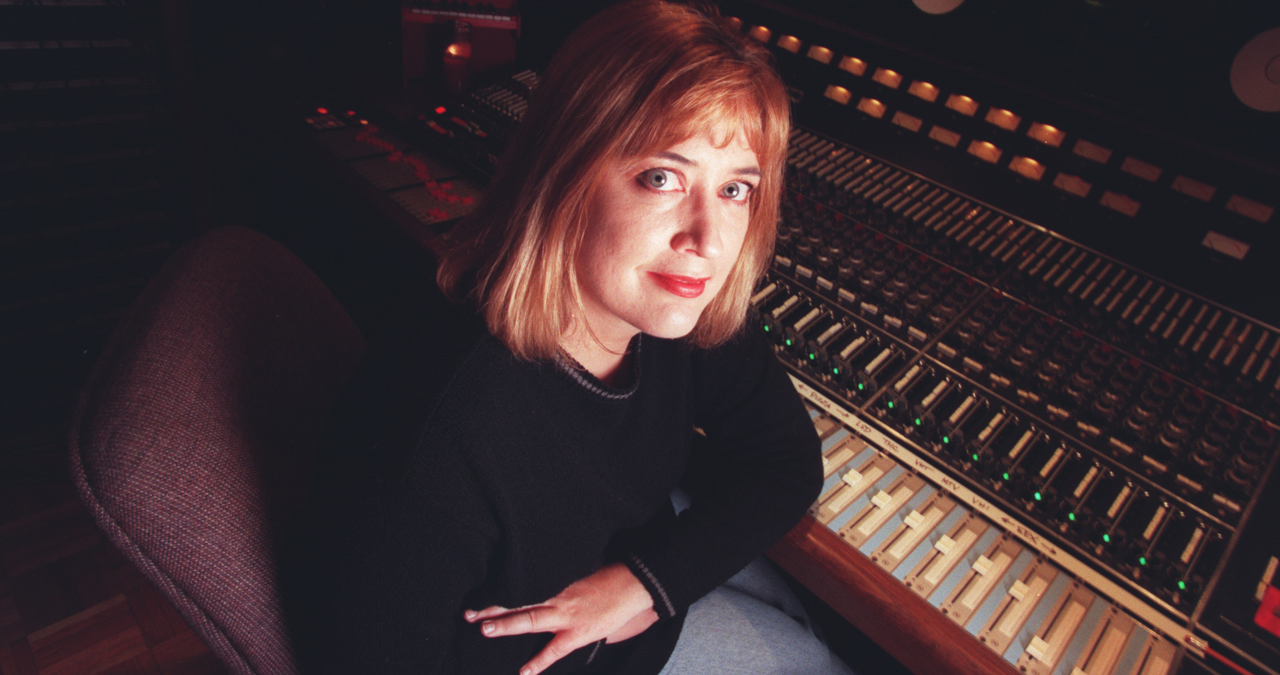
These include running signals through fluorescent lightbulbs or even food such as cheese or potato, as well as the use of transducers and creative mic’ing techniques.
Massy also likes to focus on creating the right environment to achieve the artist’s vision, and has been known to record in some pretty strange locations including a disused power station cooling tower (Thunderpussy’s Torpedo Love).
6. Phil Spector
There’s no getting around that Phil Spector is a controversial figure. His later life was defined by a murder case that saw him charged and imprisoned until his death.
But, though this heinous act will hang over his legacy forever, Spector was an innovative music producer whose influence is really hard to excise from history.
In earlier decades, he was a highly respected and visionary producer who reached the pinnacle of the music business.
Famous for his use of instrumental layers to build the so-called ‘Wall of Sound’, his 1960’s productions were instantly recognisable.
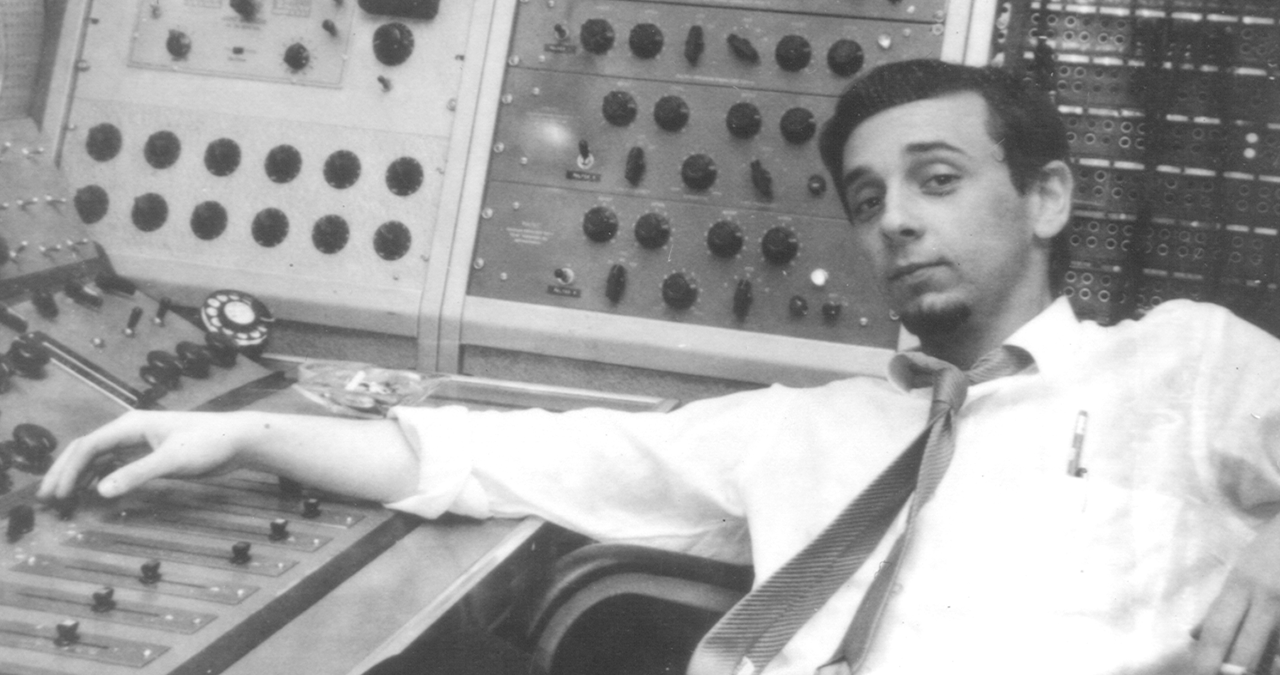
Meanwhile, the use of only the best session players, arrangers and songwriters left nothing to chance, resulting in massive hits for the likes of Ike & Tina Turner, the Ronettes, the Crystals and of course the Righteous Brothers, who’s hit You’ve Lost That Lovin’ Feeling he co-wrote and produced.
Over time he developed a more mature production style, which you can hear on George Harrison’s All Things Must Pass and John Lennon’s Imagine albums, both of which he co-produced with the former Beatles.
Controversially, he was also brought in by Lennon and Harrison to finish The Beatles Let It Be album. Much to the chagrin of Paul McCartney. But that’s another story…
Spector ultimately became a recluse, and - yes - a convicted murderer.
Widely condemned for his horrendous crimes, it’s still important to acknowledge the impact of his production philosophy on all that followed.
The Spector influence can be heard in the likes of My Bloody Valentine, Spiritualized and of course the Jesus and Mary Chain, who’s track Just Like Honey copies the intro drum beat from Be My Baby by The Ronettes.
Jon is a London based platinum award winning mixer, producer, composer and club remixer with a diverse CV that spans dance, pop, rock and music for media. He’s also a long term contributor to MusicRadar's music technology tutorials and reviews. Whether working alone or collaborating he usually handles final mixdowns, so you’ll also find MusicRadar peppered with his handy mixing tips.
You must confirm your public display name before commenting
Please logout and then login again, you will then be prompted to enter your display name.
“Do something with it. Mangle it. You have to be ruthlessly objective": Trevor Horn on his sampling and drum machine production mindset
“If they were ever going to do the story of Nero, probably the most decadent of all the emperors, they would have to use Roy Thomas Baker”: Tributes to the legendary producer of Queen, Alice Cooper, Journey and more, who has died aged 78




